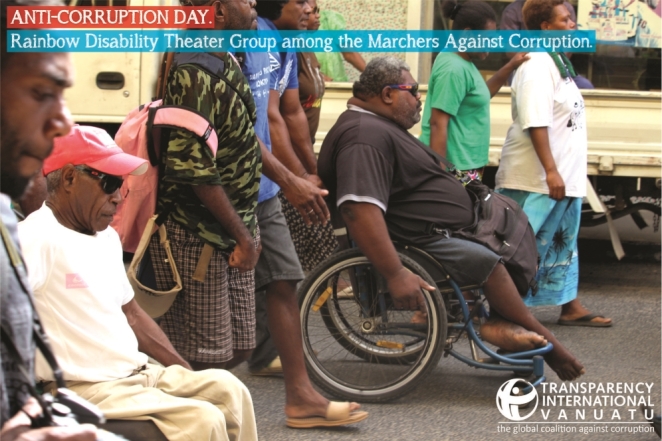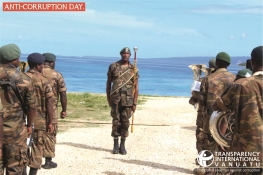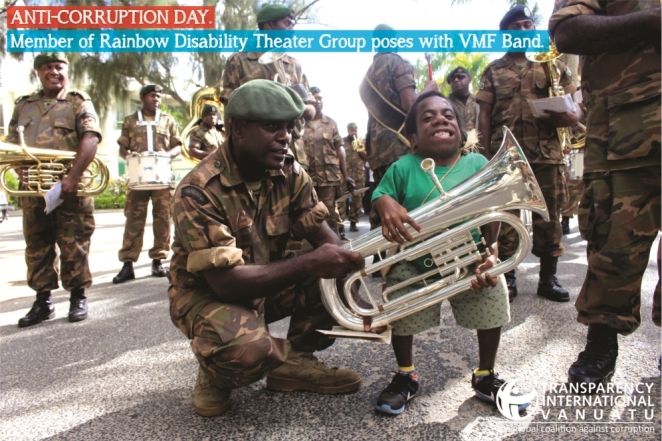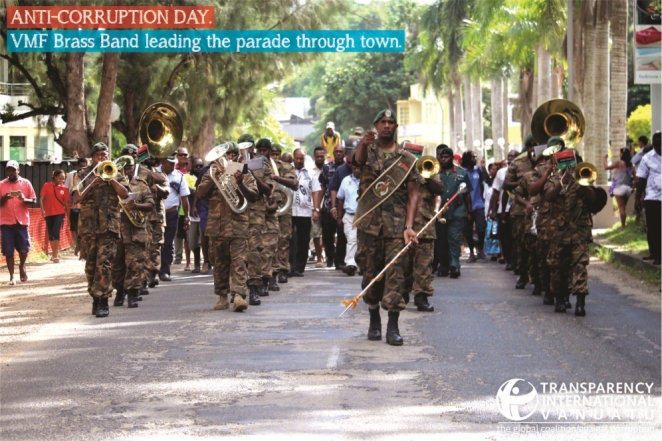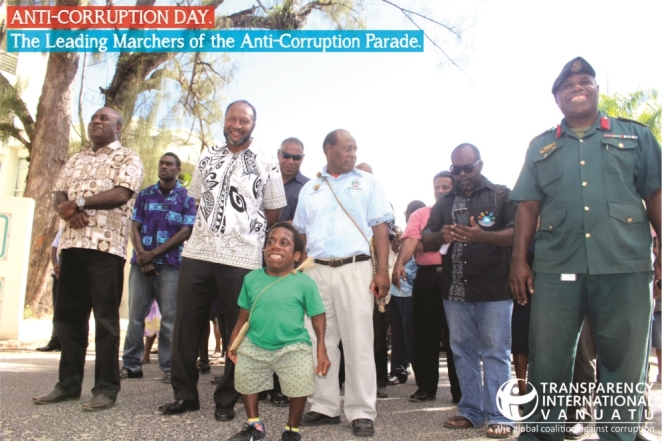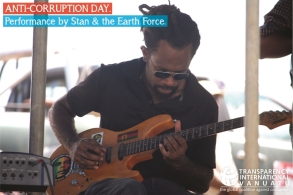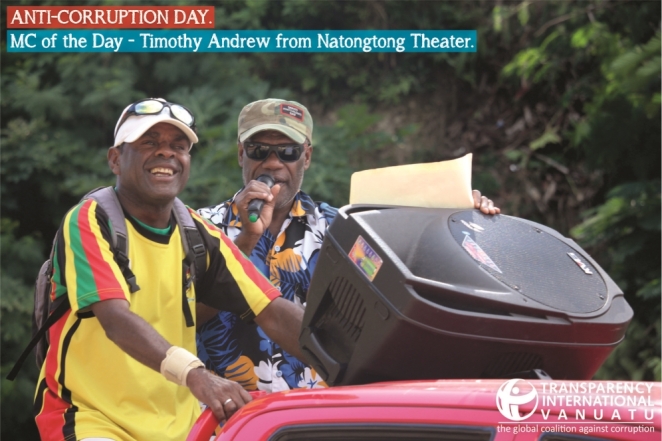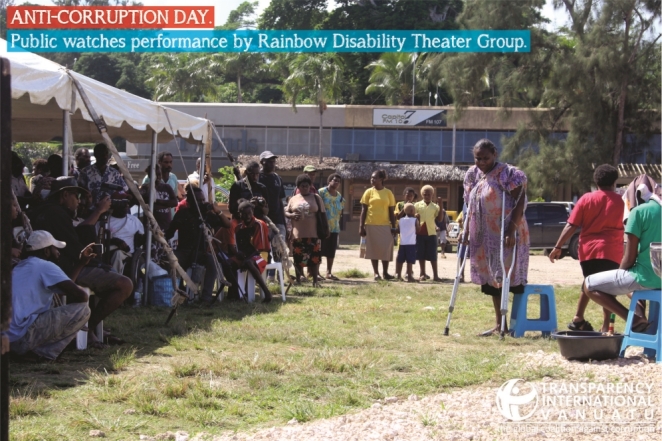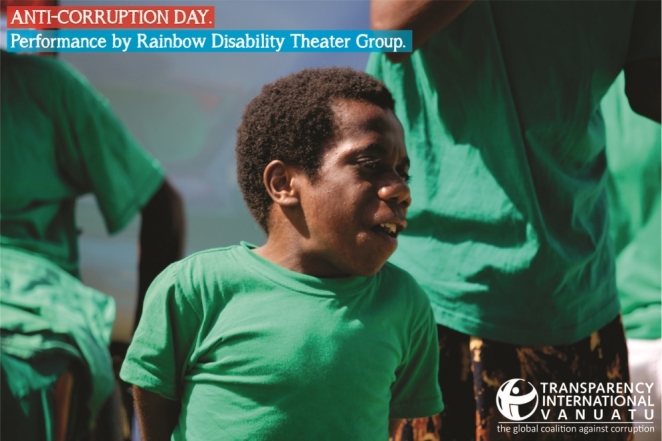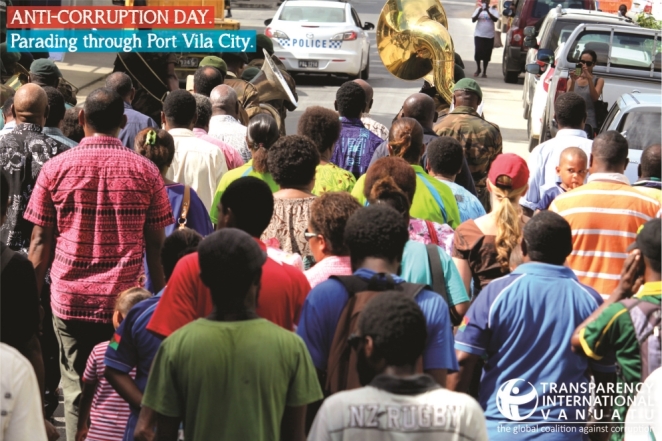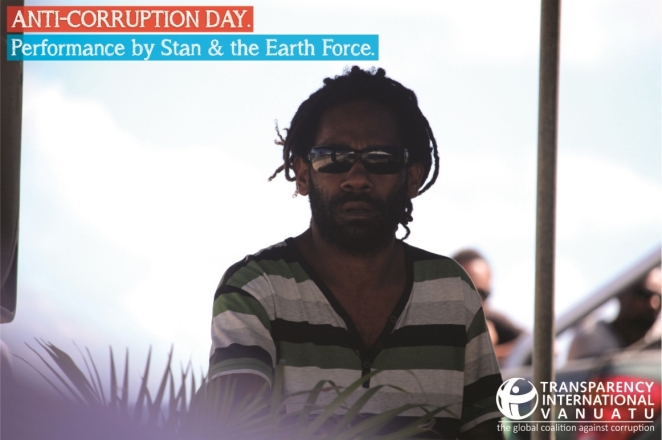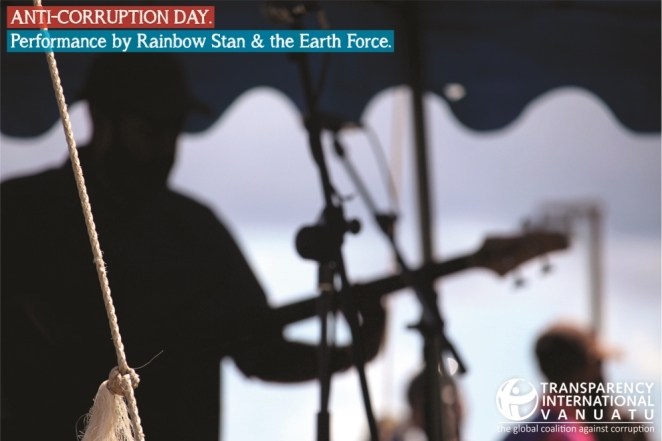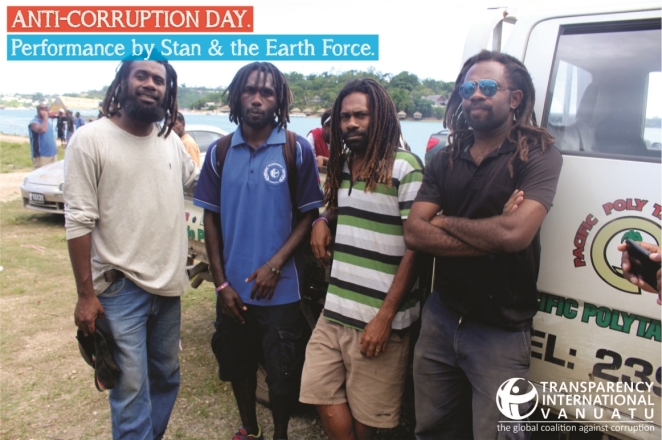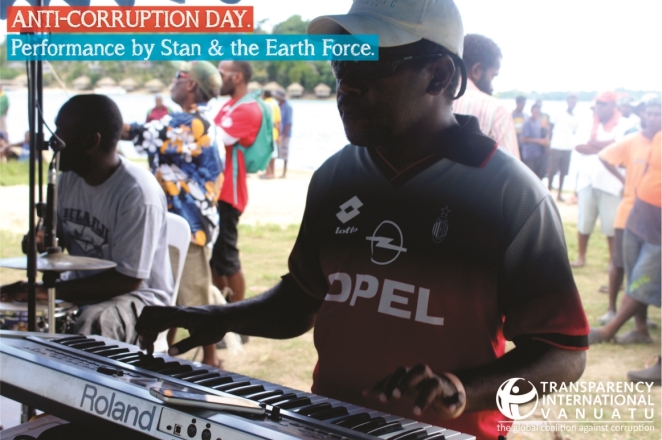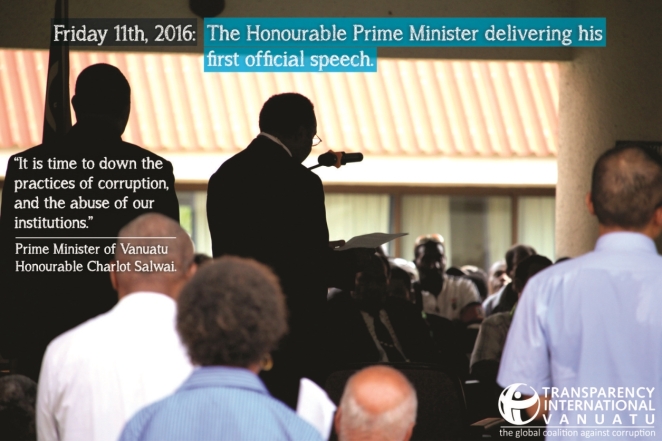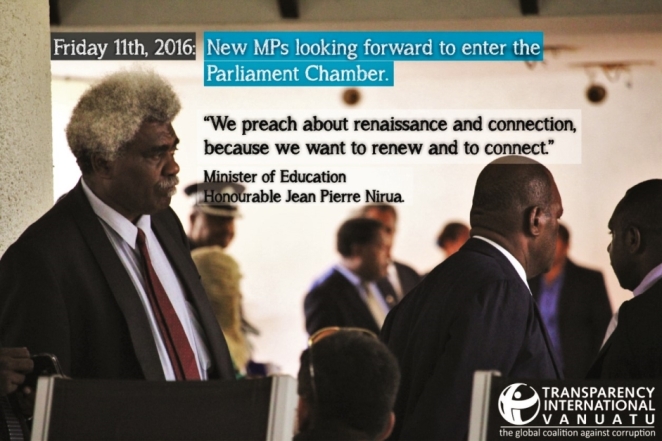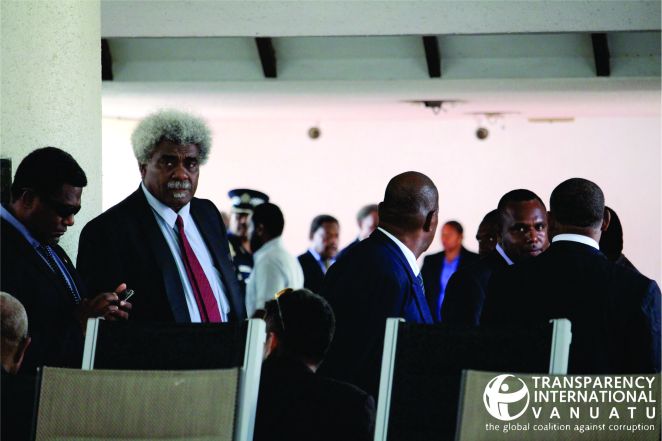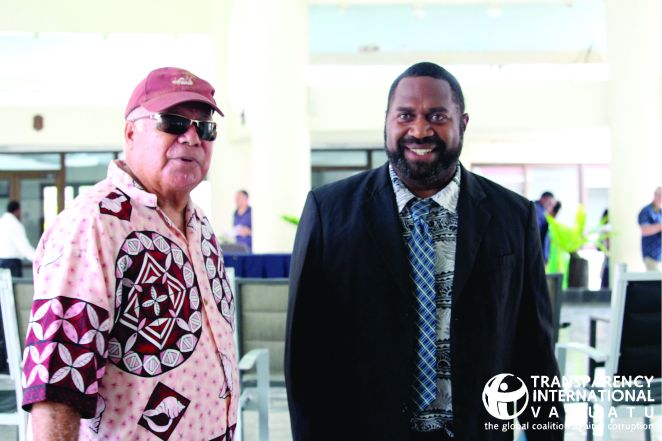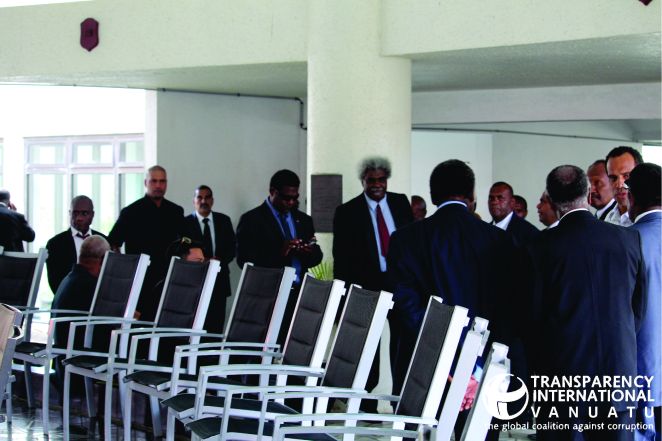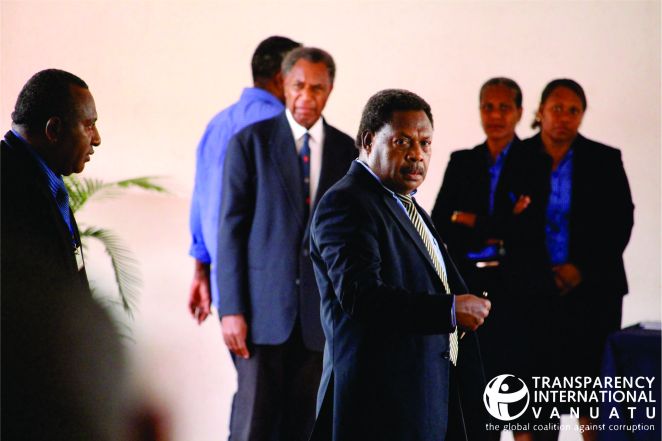MINISTER OF JUTICE Ronald Warsal surprised everyone when he announced last week that the Council of Ministers had approved a constitutional amendment to allow for reserved seats for women in the National Parliament.
In light of this major revelation we all should be aware that work towards achieving this new development did not just happen last week, it had been in the making quite a few years back. In this report we look at a few facts, discussions, and the ideas surrounding having Reserved Seats.
Decline in Women Representations
Reserving seats for female representatives has been an ongoing notion talked about for a couples of years now. Since 2002, the percentage of women standing for election has increased by 1% per election period. In spite of this increased presence in the polls, female representation has continued to decline from its peak of two (2) representatives in 2004, to one (1) in 2008, and back to zero representation in 2012. And in this 10th legislature there is still no women parliamentarians.
In 2006, there were fewer than 3.8% women in Vanuatu’s Parliament – the lowest in the world. Only 17% of women held positions of authority in the public service. Men hold most jobs in both the private and public sector while women make up 83% of full-time home makers in Vanuatu’s urban centers. (Andrina Komala Lini Thomas and Maria Humphries, University of Waikato, Hamilton, New Zealand October, 2012)
Unsuccessful Elections
In the election of 30th October 2012, of the 17 female candidates standing for election, none were elected. And of those 17 female candidates, not only were they unelected, but they scored incredibly low in terms of voter numbers in general. The total votes for women represent only 1.98% of the total valid votes.
In a post-election interview, one of the five women who contested stated that “we didn’t get the support from the community, especially the women of Vanuatu. This is a big blow for women, especially in Vanuatu.”
Another candidate for the Labour Party, who also contested in the Port Vila Constituency, said she was disappointed with the reluctance to back new female faces.
Port Vila constituency was the most highly represented constituency with 5 candidates standing out of 49, however in spite of having a 10% chance of gaining one of the 6 seats on offer, all 5 female candidates scored in the bottom 15, with none achieving more than 96 votes.
It is a general consensus among voting women that while they would like to see more female representation at higher level; they continue to vote for male candidates as they do not have faith in the leadership abilities of those women standing for election.
Whilst many of those who contested the election hold positions of power within their respective communities/organizations, they have been labelled as notoriously unreliable, confrontational and do not demand a level of trust and reliability expected of a national leader.
One must ask what the future for women in politics will be now that again, their foothold has been lost to a patriarchal Government.
Vanuatu in the Global Gender Gap Report
The Global Gender Gap Report (2010) published by the World Economic Forum highlights Vanuatu’s on-going lack of gender equality in economic participation and opportunity and outcomes on salaries, participation levels and access to high-skilled employment; in educational attainment and outcomes on access to basic and higher level education; in political empowerment and outcomes on representation in decision-making structures; in health and survival and outcomes on life expectancy and in sex ratios that disadvantage women in all aspects of organization.
Implementation of Reserved Seats
In 2013, the Vanuatu Government mandated that within the Port Vila Municipal Council, 5 reserved seats were allocated to women. This mandate increased the number of seats within the Port Vila Municipal Council,
Female candidates can either stand for election to one of these seats, or they could stand within the regular election process. Gradually, today we have five female Port Vila Councilors who won their seats through the reserved seats category, and currently one them holds the position of the Deputy Lady Mayor.
In 2015, passed amendment of the Municipalities Act to reserve one seat in every ward for women was implemented accordingly during the Luganville Municipal Election in 2015. Four (4) seats were reserved for women.
However, given the successful introduction of reserved seats in the two major urban centers, records on how well it is being implemented according to individual performance and working achievements is yet to be made, as far as we are aware of.
Youth discussions on Reserved Seats
In 2014, Transparency International Vanuatu, in partnership with the Pacific Leadership Programme (PLP), implemented a Youth Parliament Program. The program involved youth from around Vanuatu who held a parliament-type session at the Le Lagon Convention Centre in Port Vila to discuss and debate on certain issues and find solutions. The young people who took part in the activity were also participated in the first ever Vanuatu National Youth Parliament that took place in 2013.
One of the matters discussed in the parliamentary-oriented activity that time was reserved seats for women in Parliament.
The Youth Parliamentarians found out that the issue of reserving seats specifically for women is not a new notion. Thus, decided to look into the matter, debate the impacts and find a solution to it;
Cons
- Quotas are against the principle of equal opportunity for all, since women are given preference;
- Political representation should be a choice between ideas and party platforms, not between social categories;
- Quotas are undemocratic, because voters should be able to decide who is elected;
- Quotas imply that politicians are elected because of their gender, not because of their qualifications, and that better-qualified candidates are pushed aside;
- Many women do not want to get elected just because they are women;
- Introducing quotas creates significant conflicts within the party organization;
- Quotas for women will be followed by demands for quotas for other groups, which will result in a politics of sheer group-interest representation.
Pros
- Quotas for women do not discriminate, but compensate for actual barriers that prevent women from their fair share of the political seats;
- Quotas imply that there are several women together in a committee or assembly, thus minimizing the stress often experienced by the token women;
- Women have the right as citizens to equal representation.
- Women’s experience is needed in political life;
- Men cannot represent the interest of women. Only many women can represent the diversity of women;
- Election is about representation, not educational qualifications;
- Women are just as qualified as men, but women’s qualifications are downgraded and minimized in a male-dominated political system;
- Quotas do not discriminate against individual men. Rather quota rules limit the tendency of political parties to nominate only men. For the voters, the opportunities are expanded, since it now becomes possible to vote for women candidates;
- Introducing quotas may cause conflicts, but only temporarily;
- Several internationally recognized conventions on gender equality have set targets for women’s political representation; including the Convention on the Elimination of All Forms of Discrimination Against Women (CEDAW) which 179 countries are now party to, as well as the 1995 Beijing Platform for Action;
- How can it be justified that men occupy more than 80% of the parliamentary seats in the world?
Constitutional Amendment – Youth Parliamentary Activity
As part of their parliamentary activity, they amended the Constitution and allowed for eight reserved seats for women MPs. Each seat is reserved for the six Provinces of the Republic of Vanuatu as well as the two urban centers of Port Vila and Luganville.
This will comprise of one (1) reserved seat per province as well as one (1) seat for a representative from the nation’s capital, Port Vila constituency and one (1) seat for a candidate standing from Luganville, the nation’s second major urban centre.
Of course there was opposition to the amendments by the Youth Opposition grouping who argued that that there were several implications to this proposal, as the amendment is not intended to add an additional 8 MP’s seats to Parliament. However, during the course of the debate it was identified that there will be implications on MP’s allocation, as funding for additional MP’s would have to come out of the same available funding for currently serving MP’s and not allocated from other budgets.
The amendments also raised constitutional concerns, as well as issues which may arise in terms of proportional representation, constituency representation and amendments to the electoral rules.
The Pacific Regions Reserved Seats
Looking outward at the regional community the idea for reserved seats for women has been introduced in some countries, some through other processes. Papua New Guinea introduced the Equality & Participation Act which provided for reserved seats for one female candidate from each province, of which there are 21, plus one for the National Capital District, 22 in total within a Parliament of 111 members.
However, it could not be implemented since the Constitutional amendment required to enforce this Act did not pass in parliament.
In 2014, MP’s from the Solomon Islands begun to lobby for the introduction of 10 Reserved Seats for Women within National Parliament.
In 2012 in Fiji, the National Women’s Forum Outcome Statement called for a 50% quota for women in any future legislature, or at the least, a 50% quota within each political party.
In March 2012, the Samoa Government tabled the Constitution Amendment Bill 2012 in Parliament. The Bill seeks to introduce a 10% quota of women representatives into the national Legislative Assembly. The system proposes a “floating” five reserved seats for women.
Some Examples of countries that reserve seats for women are as follows;
- In Djibouti, 10% of seats are reserved;
- In India, 33% of seats in all local bodies (panchayats and municipalities) are reserved;
- In Jordan, 6 of the 110 (5%) seats in the House of Deputies are reserved;
- In Pakistan, 60 of 342 National Assembly seats (17.5%) are to be allocated to women;
- In Tanzania, 20% of the seats in parliament are reserved;
- In Uganda, at least one woman from each of the 54 districts is guaranteed a seat (out of 304 seats)
Finally, given the fastness of the government’s plan to table the Reserved Seats in Parliament Transparency International Vanuatu thinks it is a responsibility for the 52 Members of Parliament to spend the time between now and the June parliament sitting to discuss with their constituents, gather opinions, and analyze them so that they can be fully equipped to represent their constituents.
Cover Photo: A Youth Parliamentarian speaking at the National Youth Parliament in 2013.



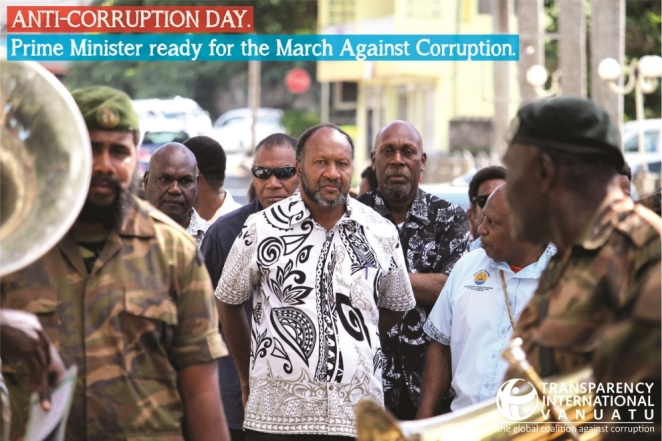
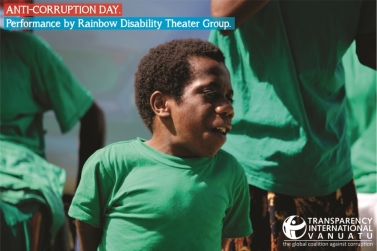 by the Rainbow Disability Theater Group who created and performed the widely showcased drama –
by the Rainbow Disability Theater Group who created and performed the widely showcased drama – 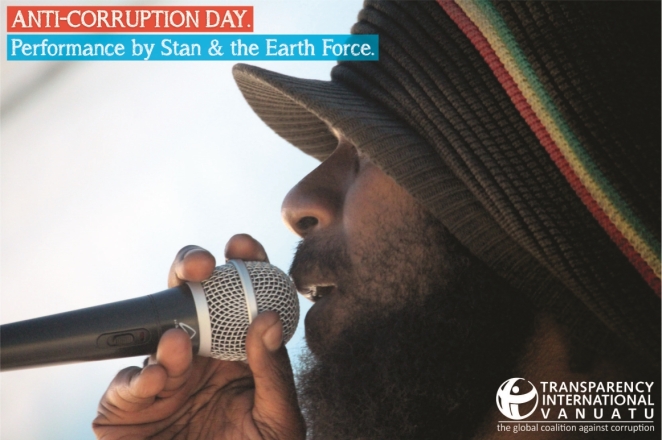
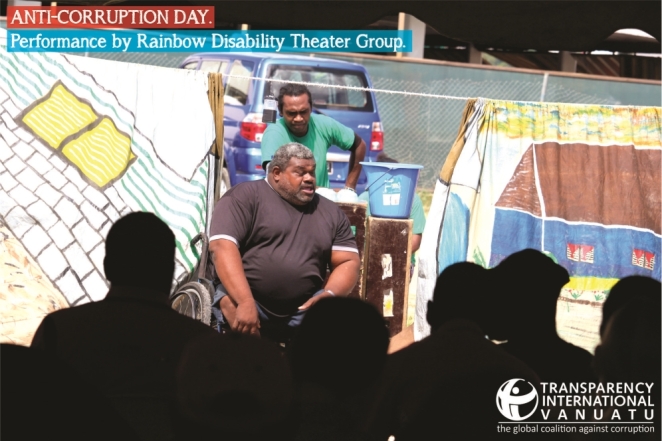
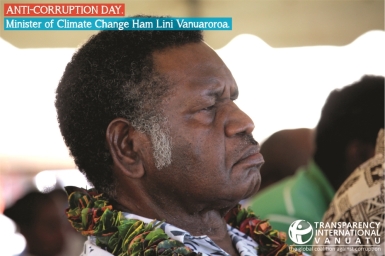 been working to strengthen the institutions and laws needed to address corruption. A 2013 review of Vanuatu’s progress to implement UNCAC found that some significant progress has been made, acknowledging work particularly in the areas of ant-money laundering, international cooperation and initiative in Correction Services.”
been working to strengthen the institutions and laws needed to address corruption. A 2013 review of Vanuatu’s progress to implement UNCAC found that some significant progress has been made, acknowledging work particularly in the areas of ant-money laundering, international cooperation and initiative in Correction Services.”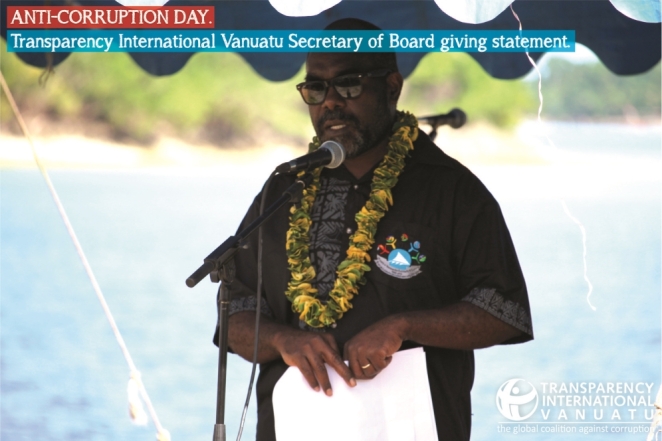
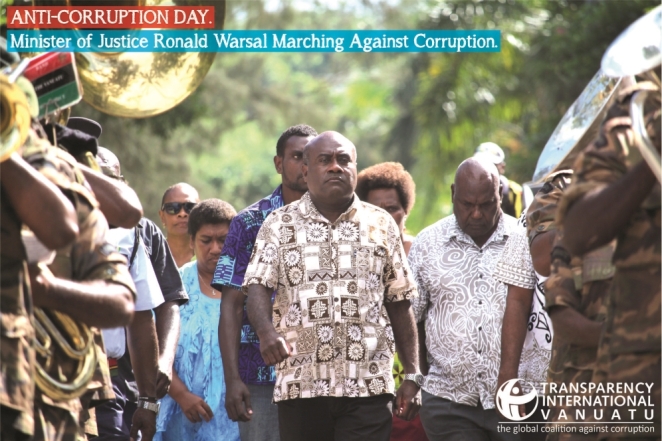
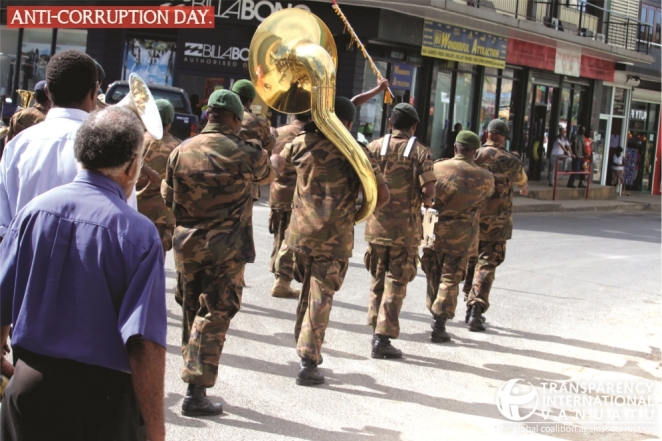
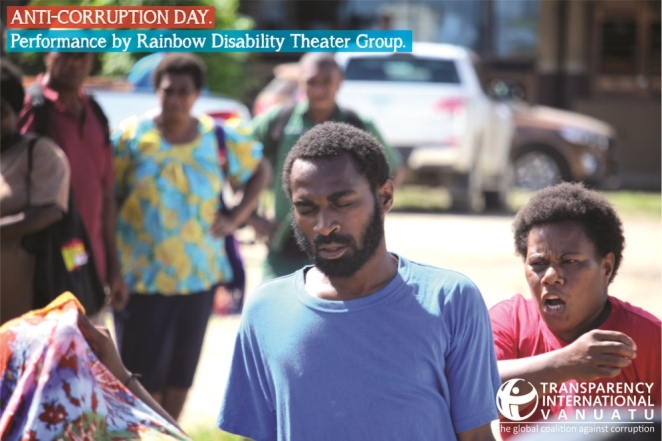
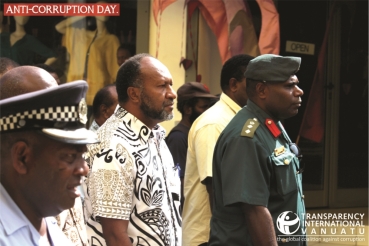 parliament which will give free access to the right information needed in this country.
parliament which will give free access to the right information needed in this country.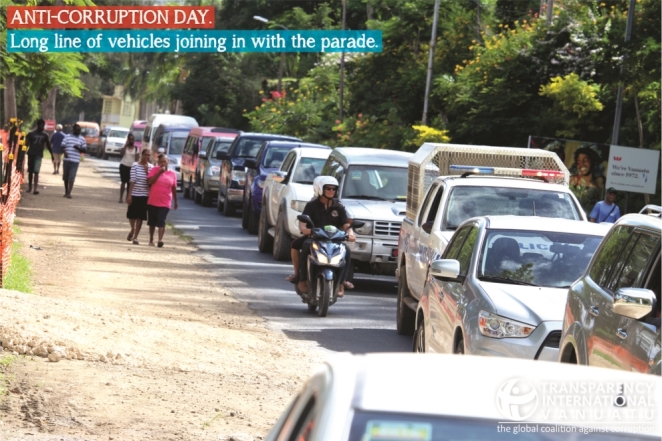
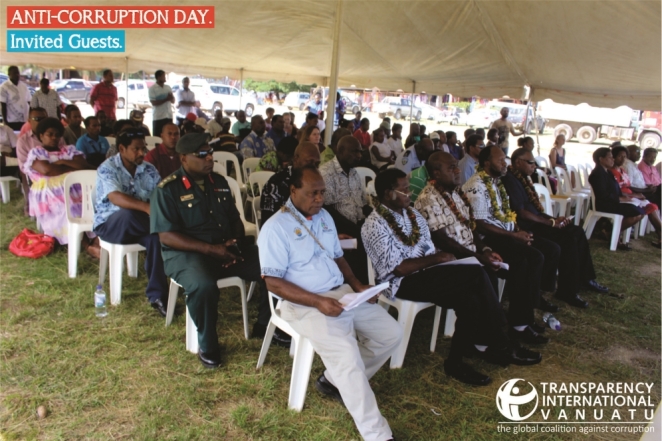
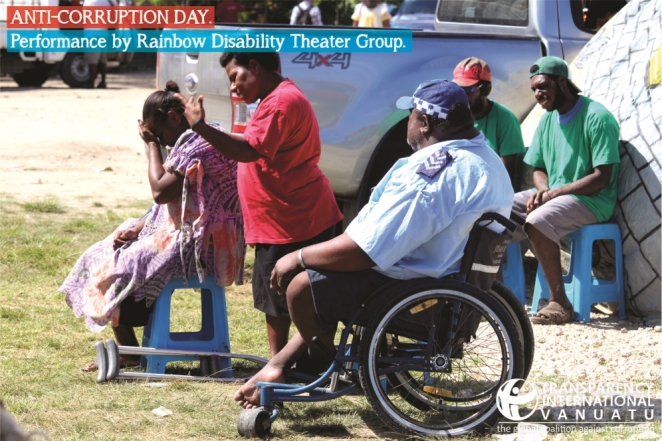
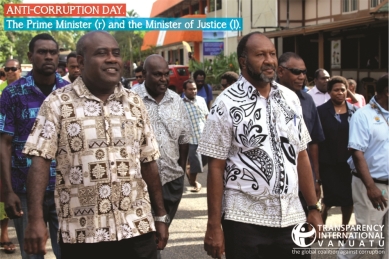 and Leadership Code Acts to make sure that the laws reflect community standard and are strong enough to fight corruption in our public institutions. Other work to combat corruption in the private and not government sectors has also occurring.”
and Leadership Code Acts to make sure that the laws reflect community standard and are strong enough to fight corruption in our public institutions. Other work to combat corruption in the private and not government sectors has also occurring.”